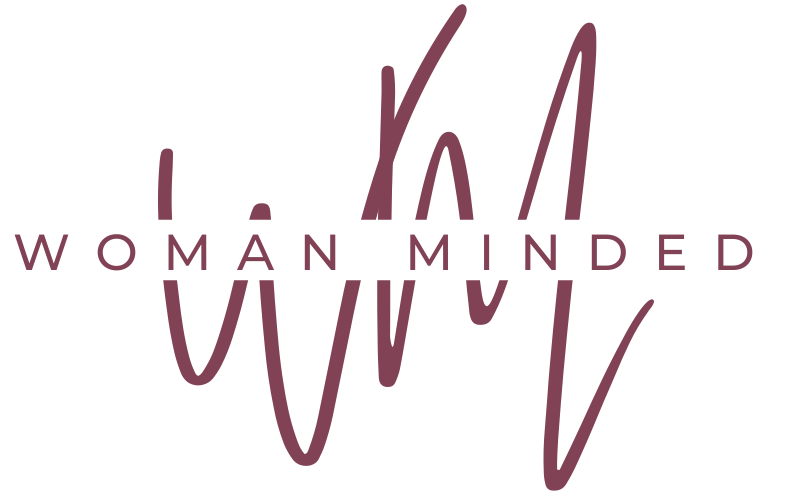Five Reasons to Think Zinc
/As a trace mineral – meaning one that we need in smaller amounts than say magnesium or potassium – zinc doesn’t always get a lot of love. Many of us only think of zinc as lozenges when we have a cold or as a potential cause of white spots on our fingernails. Yet in fact, over the last fifty years, scientists have discovered over 300 enzymatic reactions that are known to require zinc for their activities. (Prasad, 2013) Zinc deficiencies have been associated with everything from bouncing back slower from illnesses and wounds to a decreased sense of taste which can contribute to disordered eating to prostate health disorders to skin issues like acne and eczema. (Murray, 2015)
And… zinc is a vital part of women’s hormone health. This sexier-than-you-thought mineral. often gets depleted by chronic stress, excess exercise and excessive sugar - all of which are very common in women as we age. Since zinc is essential for hormone production and maintenance it is one of the most important minerals to ensure a healthy response to stress, strong adrenal and thyroid function, fertility and regular cycles and a less symptomatic journey through menopause.
Why do women need zinc?
To balance testosterone: For one thing, zinc acts as a testosterone normalizer for women as well as men. In men, additional zinc can increase testosterone levels and support sexual health as well as muscular strength and energy. In women, zinc can help address symptoms of too much testosterone, including PCOS (polycystic ovary syndrome), such as unwanted facial and body hair, acne, irregular or absent periods and infertility.
To support thyroid health: Zinc plays a critical role in thyroid hormone metabolism. Research has found that adequate zinc is essential to convert T4 to the active T3 hormone. Inadequate zinc can also confuse your body into thinking you have sufficient thyroid hormones when you don’t which can contribute to hypothyroidism and all of the low energy, weight gain and hair thinning that go with it.
Helps you manage weight: Since zinc is a vital part of keeping your metabolism running smoothly, not having enough can bring on a sluggish system and may make it harder to lose weight.
To reduce anxiety: Zinc has been found to impact the nervous system and play a significant role in emotional disorders. This is due to the fact that we need zinc to make neurotransmitters and a neurotransmitter imbalance can cause symptoms of anxiety. No thank you.
For clear skin: Zinc may help regulate cell production and turnover that can impact the amount of oil and clogging on your skin. Additionally, scientists believe teen acne may be a result of low zinc levels and increased zinc has been shown to reduce acne in teens presumably because increased hormone production requires more zinc.
How do you know if you need more zinc?
You may want to examine your zinc levels if you tend to get sick and not recover quickly, have little taste for food, experience brain fog or lethargy or any of the signs of hormone imbalance described above. In addition to stress, alcohol and sugar, long-term use of oral contraceptives has also been found to decrease zinc availability. (Bakan, 1990)
Zinc levels can be assessed by your healthcare practitioner through serum levels or cell analysis. But you can even get more info about your zinc levels through an easy home test. Try swishing a teaspoon of an inexpensive high-quality zinc sulfite supplement to see if you can taste the liquid after 15 seconds. If the liquid has little taste or is tasteless, it is likely you are experiencing a zinc deficiency.
The Best Way to Get Zinc-ier
Supplementing with zinc can be tricky as it must be chelated (bonded with another mineral) and excess zinc over longer periods of time can deplete your copper levels. In addition, the body is very good at absorbing zinc from foods. This is why I recommend a food-first approach to adding zinc-rich foods to your diet.
The single best source of zinc is oysters – just two a day will provide enough zinc or you can enjoy a half dozen once a week.
Other great sources of zinc include:
Animal sources: Grass-fed beef, turkey breast, pastured lamb and chicken
Plant-based sources: Sesame seeds, pumpkin seeds, pecans, Brazil nuts, oats, peanuts, lima beans
Here are a few of my favorite recipes that provide more than a daily serving of zinc which is about 11-15 grams.
·Smoked oyster pate (served on cucumber slices)
Crock pot grass-fed beef stew (Primal Palate)
Paleo trail mix (Nom Nom Paleo)
or try my own Toasted Cumin Pumpkin Seeds.
Or for a special treat, try these cocoa, coffee-topped gourmet pumpkin seeds.
PS. No studies have been able to connect white spots on your fingernails with zinc deficiency. These are usually a result of minor nail damage from daily living. Zinc lozenges, however, are a great idea to boost your immunity when you are under the weather!
References:
Bakan, PhD, P. (1990). Confusion, Lethargy and Leukonychia. Journal of Orthomolecular Medicine, 5(4), pp.198-204.
Morgan, Z. and Wickett, H. (2011). Leukonychia on finger nails as a marker of calcium and/or zinc deficiency. Journal of Human Nutrition and Dietetics, 24(3), pp.294-295.
Murray, Michael. The Encyclopedia of Healing Foods. (2005). New York, NY: Atria Books.
Prasad, A. (2018). Discovery of Human Zinc Deficiency: Its Impact on Human Health and Disease. Advances in Nutrition, 4(2), pp.176-190.
Whfoods.org


